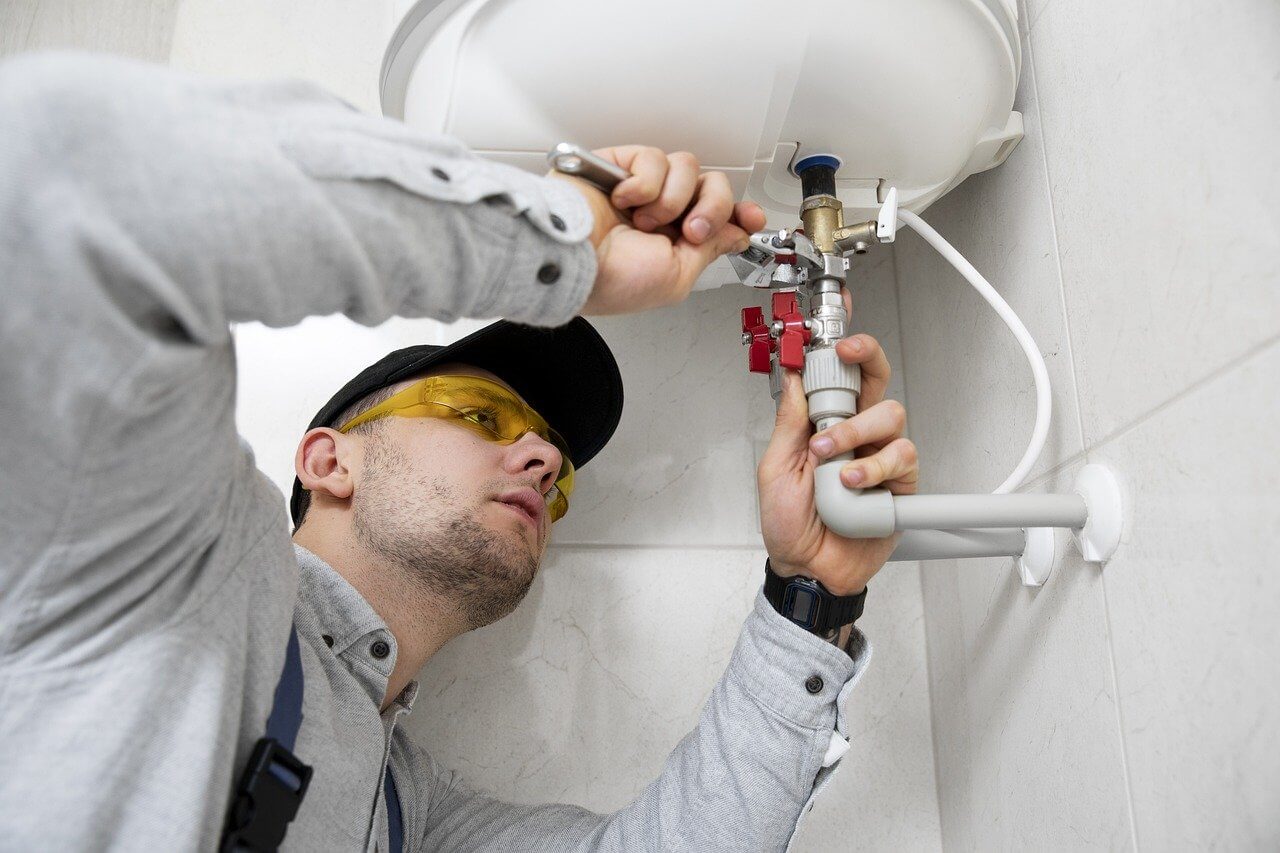The Most Common Plumbing Issues in Apartments — And How Tenants and Landlords Can Prevent Them

Apartment plumbing systems are shared, complex, and often aging. Because multiple units rely on the same lines, even a small problem in one apartment can affect neighbours, common areas, and sometimes an entire floor. For both tenants and landlords, understanding the most frequent plumbing issues and how to prevent them can save a great deal of money, stress, and property damage. Below are the problems that appear most often in apartments and the practical steps everyone can take to avoid them.
Clogged Drains and Toilets
Clogged drains are one of the most unavoidable issues in apartment buildings. Hair, grease, food scraps, wipes, and small objects can easily build up inside shared drain lines.
Tenants often assume that "flushable" wipes or leftover cooking oil are harmless, but these materials cling to the interior of pipes and create blockages that affect multiple units. Shower drains commonly clog from hair and soap scum, while kitchen sinks clog because of grease and food waste.
Tenants can help prevent clogs by using drain strainers, throwing grease in the trash instead of the sink, and flushing only toilet paper. Landlords can reduce the risk by installing higher-quality drain screens, educating new renters, and scheduling periodic drain cleaning throughout the building.
Leaky Faucets and Fixtures
A dripping faucet may look minor, but it wastes water continuously and often signals a worn internal part. Over time, leaks can warp cabinets, stain countertops, and cause mold.
Faucets drip because of aging washers, corroded valves, or worn O-rings. Appliances like dishwashers can also leak when seals break down.
Tenants should report leaks right away rather than waiting for them to get worse. Landlords should replace old fixtures when needed, use durable parts, and inspect fixtures during unit turnover.
Low Water Pressure
Low water pressure is especially common in older buildings. Some cases come from a clog in the faucet aerator, while others originate deep within the plumbing system.
Mineral buildup, partially closed shut-off valves, older galvanized pipes, and worn pressure regulators are all common causes. For tenants, cleaning aerators is an easy first step. But when several units experience low pressure at once, landlords should bring in home plumbing experts to inspect the system and restore normal flow.
Running Toilets
A running toilet wastes an impressive amount of water, sometimes hundreds of gallons a day. Most of the time, the problem comes from a faulty flapper, a broken fill valve, or mineral deposits inside the tank.
Tenants may ignore a running toilet because it still "works," but the longer it runs, the worse the waste becomes. Reporting it early saves water and prevents additional wear on the toilet. Landlords can prevent recurring issues by upgrading older components and installing reliable, efficient toilet systems.
Water Heater Problems
Problems with hot water are another apartment complaint that shows up frequently. Inconsistent temperatures, lukewarm water, or complete loss of hot water typically point to sediment buildup, a failing heating element, or a water heater that's too small for the building's demand.
Tenants should notify the landlord as soon as they notice a pattern rather than waiting weeks. Landlords can extend the life of their systems by flushing heaters annually, replacing outdated models, and ensuring the system is sized correctly for the number of units it supports.
Pipe Leaks and Water Damage
Leaks inside walls, ceilings, and floors are among the most dangerous plumbing issues in apartment buildings. Water can travel far from the original leak, causing damage in multiple units, rotting materials, and encouraging mould growth.
Leaking pipes often occur because of age, high water pressure, cold temperatures, or failing pipe joints. Tenants should report damp patches, bubbling paint, musty smells, or dripping sounds immediately. Landlords can help prevent major damage by insulating pipes, replacing outdated materials, and installing leak-detection alarms in vulnerable areas.
Sewer Line Backups
Few plumbing issues are more disruptive than a sewer backup. These blockages can cause wastewater to return through drains, creating health hazards and extensive cleanup requirements.
Tree roots, collapsed sewer pipes, grease buildup, and foreign objects flushed down toilets can all contribute. Tenants can help by avoiding wipes and trash in toilets, while landlords should schedule routine sewer line inspections and cleaning to keep the main lines clear.
Why Prevention Is a Shared Responsibility
Apartment plumbing works best when both sides play an active role. Tenants are the first to see small problems, so reporting issues quickly prevents them from turning into disasters. Simple habits like using drain catchers, disposing of waste correctly, and monitoring for moisture go a long way.
Landlords are responsible for maintaining the building's plumbing infrastructure. Using quality fixtures, performing annual inspections, and investing in upgrades when needed can significantly reduce emergency repairs. When serious problems arise, working with trusted home plumbing experts ensures the job is handled safely and correctly.
Final Thoughts
Plumbing issues in apartments are common, but they're also highly preventable. By understanding the early warning signs, practicing good habits, and staying proactive, both tenants and landlords can avoid costly repairs, protect their property, and create a safer and more comfortable living environment. Whenever repairs become too complicated or too risky to handle alone, consulting experienced home plumbing experts is the best way to restore the system quickly and maintain long-term reliability.
Published 11/18/25